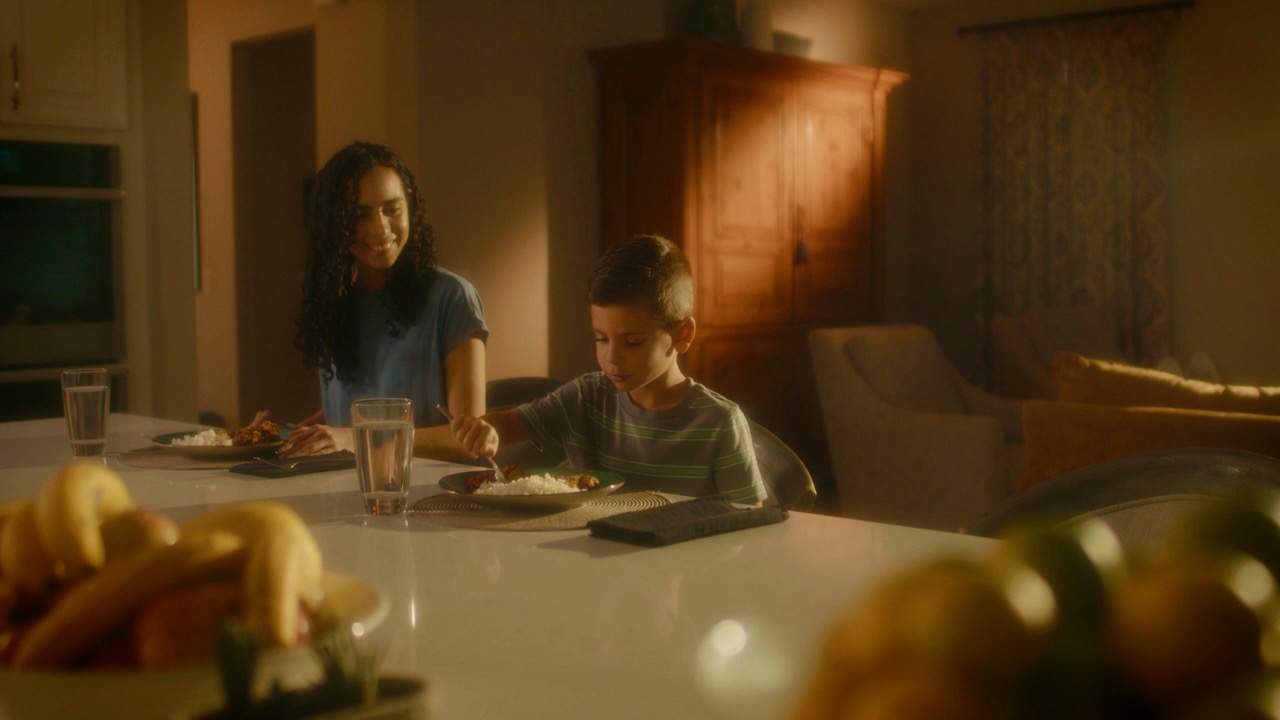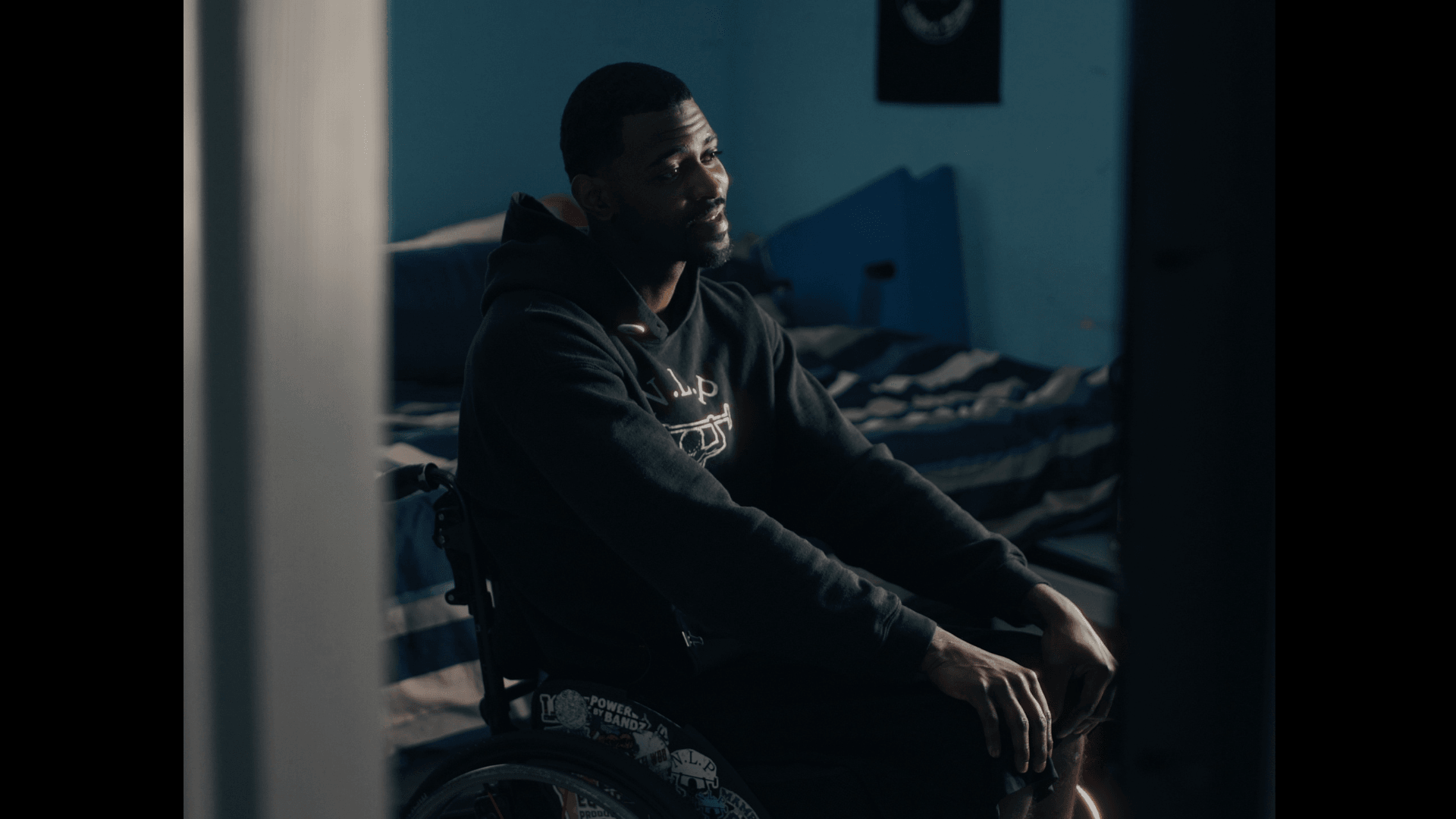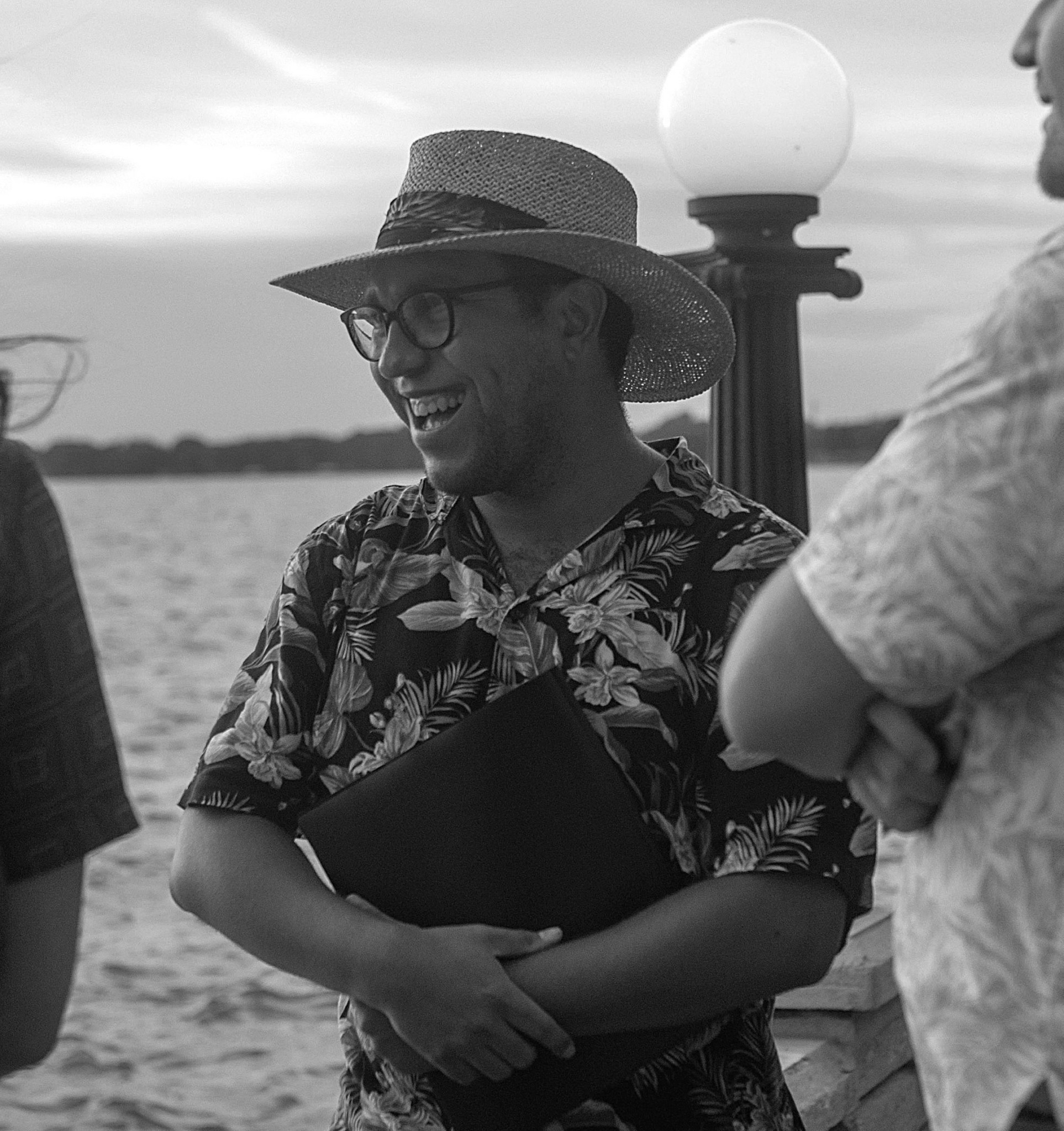We were lucky to catch up with Tristan Ortiz recently and have shared our conversation below.
Tristan, appreciate you joining us today. Have you been able to earn a full-time living from your creative work? If so, can you walk us through your journey and how you made it happen? Was it like that from day one? If not, what were some of the major steps and milestones and do you think you could have sped up the process somehow knowing what you know now?
I’ve been extremely blessed with being able to make a full-time living doing film production. I work as a Producer for an in-house ad agency through Spectrum Cable as my day job. It was a bit of a journey to get to this point and the journey is far from over but its a job that places me in the thick of production every day. It’s far from glamorous though and I think a lot of filmmakers get discouraged when they’re not directing an A-list celebrity in their first feature film right out of college (and if you are, kudos to you!!). The journey to getting to the good and meatier things starts with a simple step of faith. What does that step look like? Well, that first step can be a lot of different things. That first step can be reaching out to that local film group and asking if they would like any help for free. That gets you on set and helps you meet the people you need to meet. I always encourage aspiring filmmakers to take up another on-set skill (like sound, production design, camera assisting etc) that can help get you on as many sets as possible and meet as many people as possible. If you’re focused and meeting the right people those unpaid gigs will eventually lead to paid gigs. You won’t stay in that position forever but it can be an invaluable way and getting your foot in the door. That’s what I did. I took up sound recording on set and that opened the doors to wide array of film productions and grew my network tenfold. That network would eventually be the reason I got the job I have today. But it all starts with that simple first step. Reach out to that local film group. Contact that one filmmaker friend of yours to work on something. Write that script that’s in your head. Do it not for the potential money, but do it for the love of the craft. Because when things get tough, and they always do, that love and passion you have will help you get through those times.
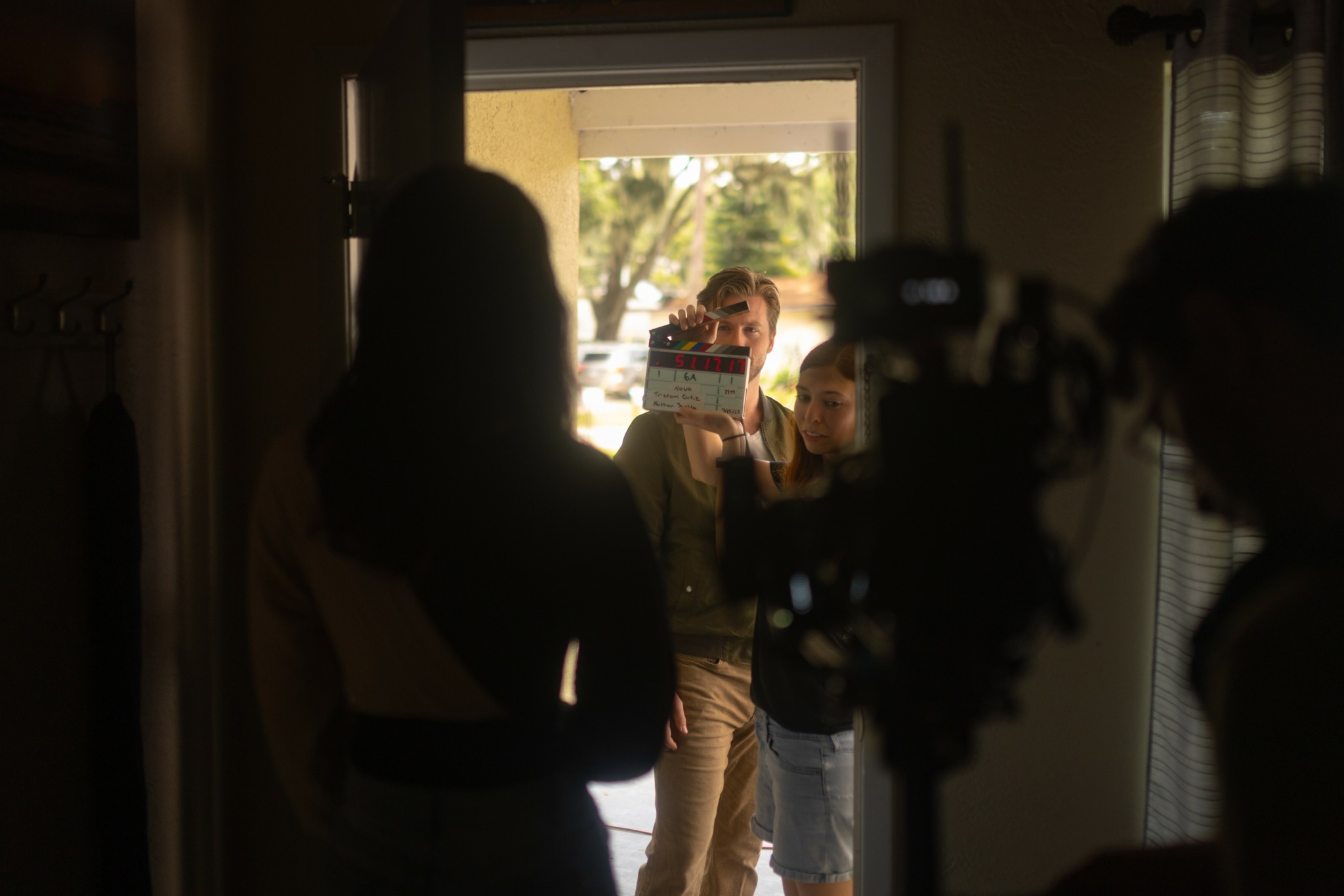
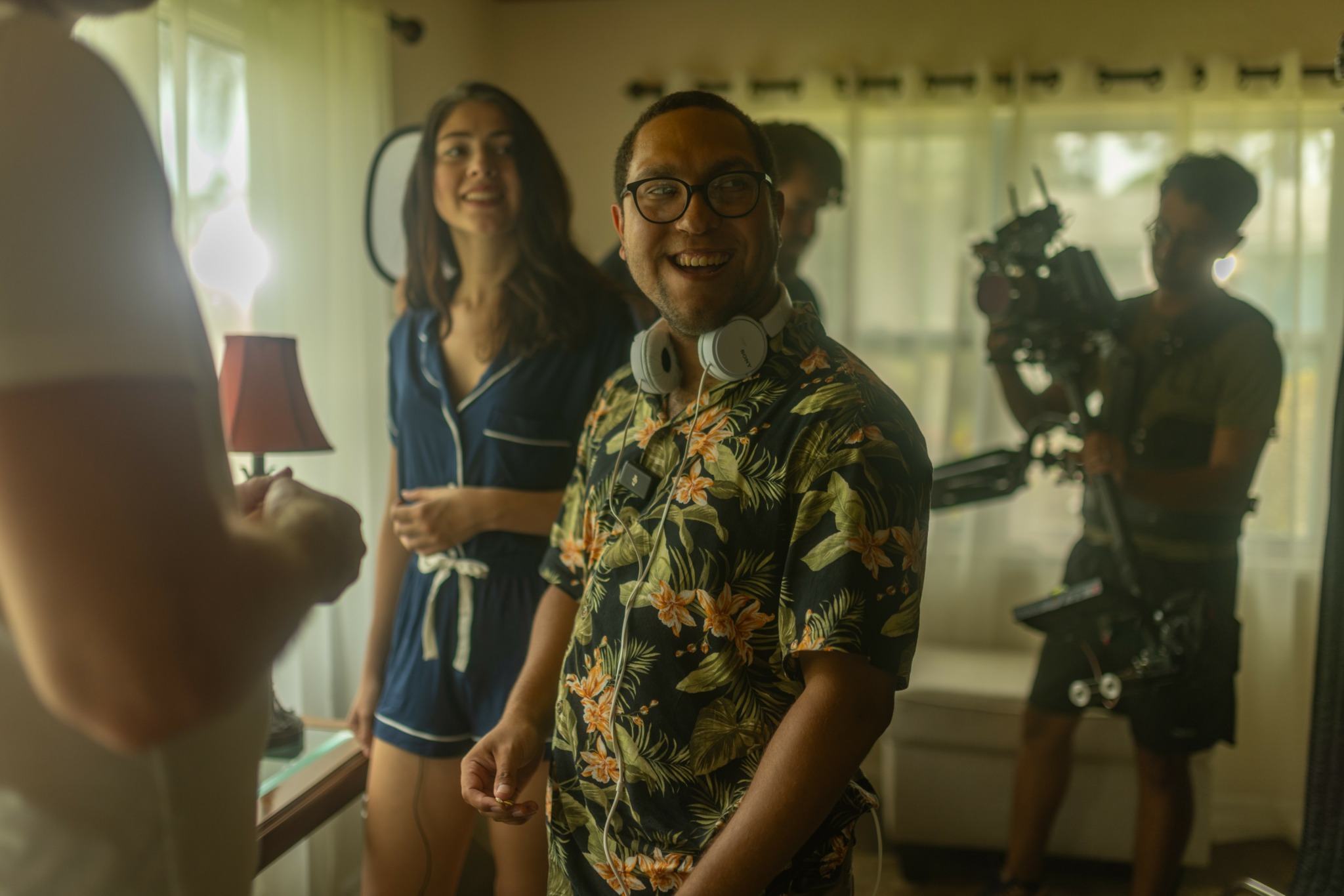
As always, we appreciate you sharing your insights and we’ve got a few more questions for you, but before we get to all of that can you take a minute to introduce yourself and give our readers some of your back background and context?
I am a film director, writer, and producer. My journey started very young with my father, who was involved in the industry at the time. I’ve always been a storyteller at heart and I found that film was the best medium to tell those stories. My father gave me a camera when I was very young and from that point forward I hit the ground running. I knew making movies was something people did, I had seen my dad editing films from a young age, but I had no clue how to get there. It wasn’t until I was in high school that I started to take it more seriously, writing scripts and actually going out to film what I wrote. They absolutely sucked at first haha! But through perseverance, prayer, and lots of PRACTICE, they got better and better to where now I have a film premiering at one of the top film festivals in the country.
Through my production brand of Deep Blue Pictures I’m able to tell the stories I want to tell and move people in a profound way. I’m most proud of the emotional connections my work brings to people. Feelings or inspiration, motivation, conviction- that’s what Deep Blue Pictures is all about. We carry that mission statement of bringing forth unheard stories of faith, hope and redemption. That’s who we are and that’s who I am. This is a family brand and the content we bring to people I hope energizes and motivates them to live the lives they want.

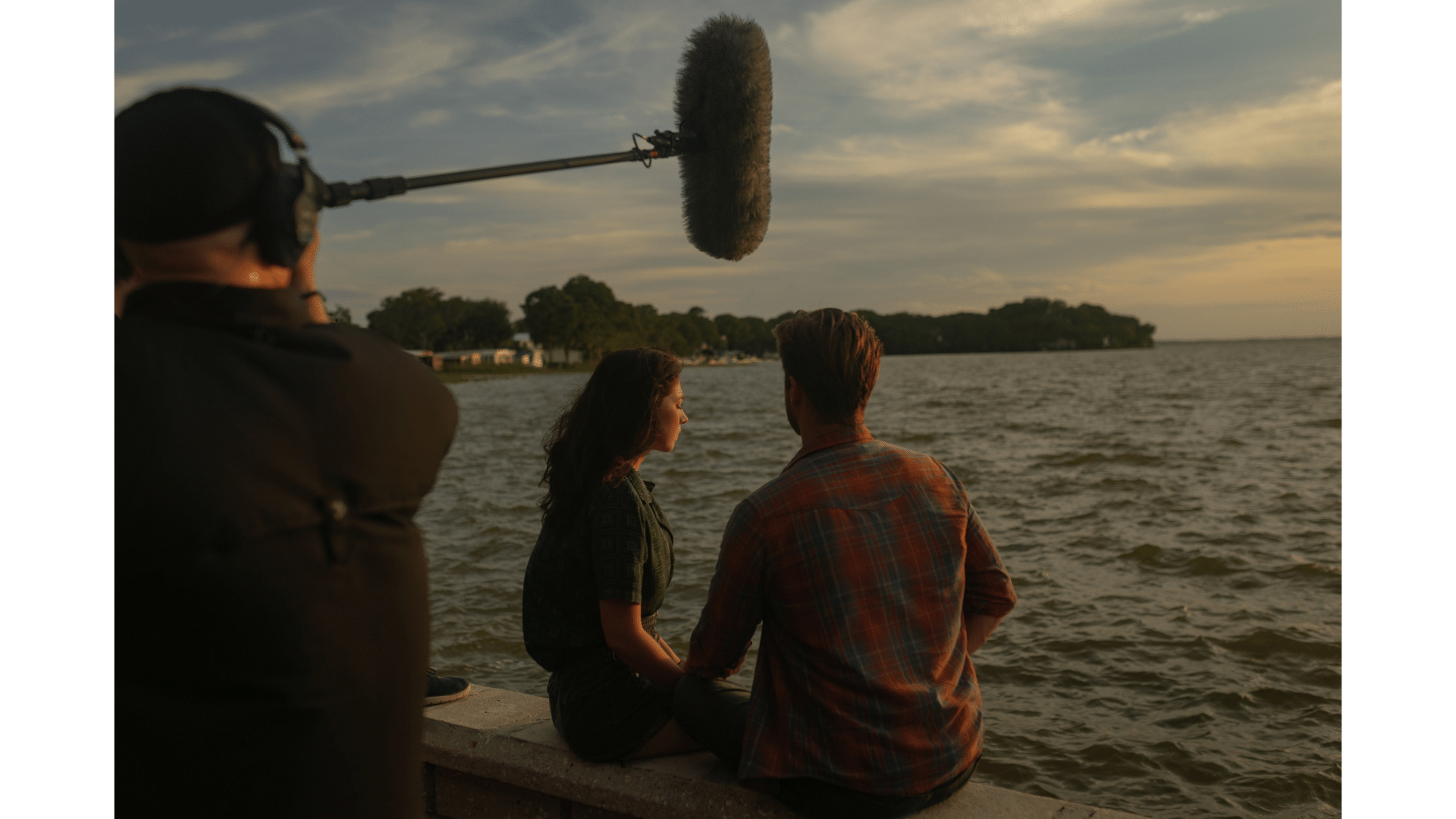
What’s the most rewarding aspect of being a creative in your experience?
One of the most rewarding aspects from being a creative is to see how my work moves and impacts other people. Sitting in an audience-filled room and hearing the audible gasps at something unexpected or the collective sniffles as they try to keep their tears at bay is something I will never get over. My favorite part of any film of mine I screen is listening to people talk about it to their friends and families or approach me to tell me how they connected with the characters. This aspect of my job is by far the best and what I live for.
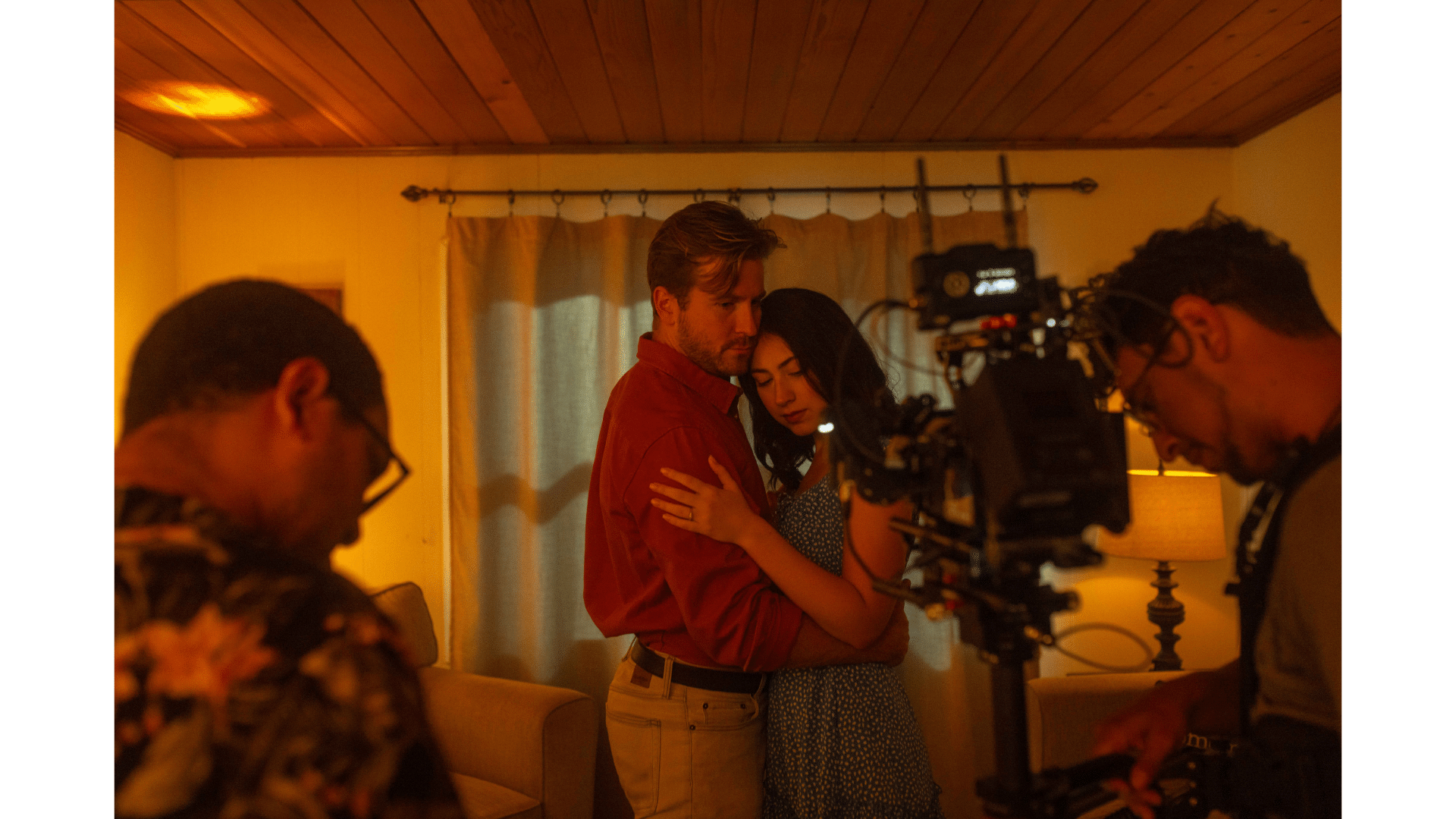
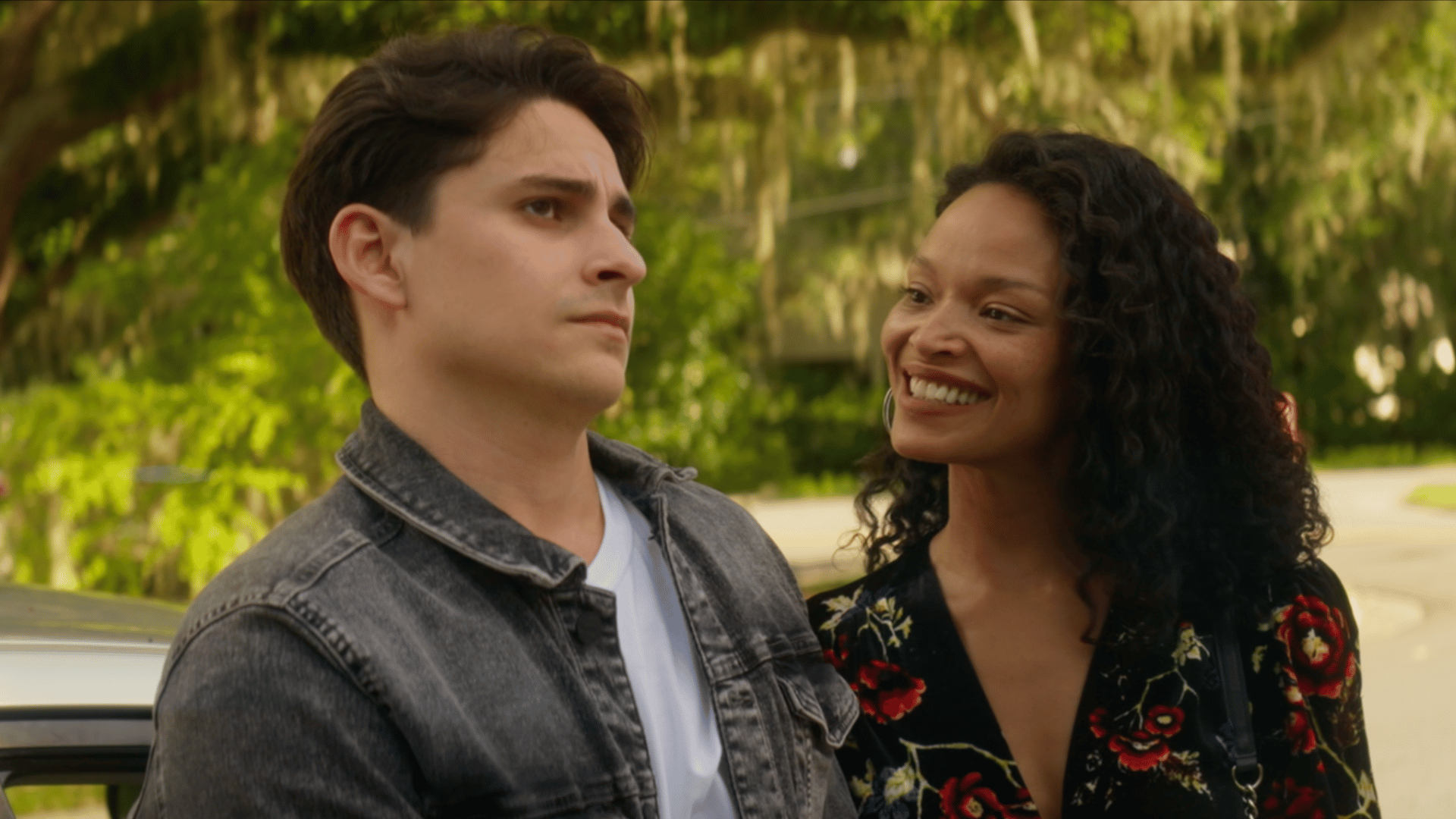
Any advice for managing a team?
The energy and morale of a team starts with its leader. As a director, you’re always put in a position of leadership and guidance. You’re the guy that everyone turns to for the answers. I always say you don’t need to have all the answers, just clear ones. Film is a collaborative medium and without a proper and clear vision, any project can fall apart. The director is the one that leads by example. Team members want to be heard, appreciated and guided. Simple things like that can go a long way, especially on a film set. It isn’t always easy as you need to deal with a slew of personalities who all have different priorities apart from each other and may differ from your own but a leader is able to take these differences and turn them into advantages.
Contact Info:
- Website: https://www.deepbluepicturesllc.com/
- Instagram: https://www.instagram.com/tristananthonyortiz/
